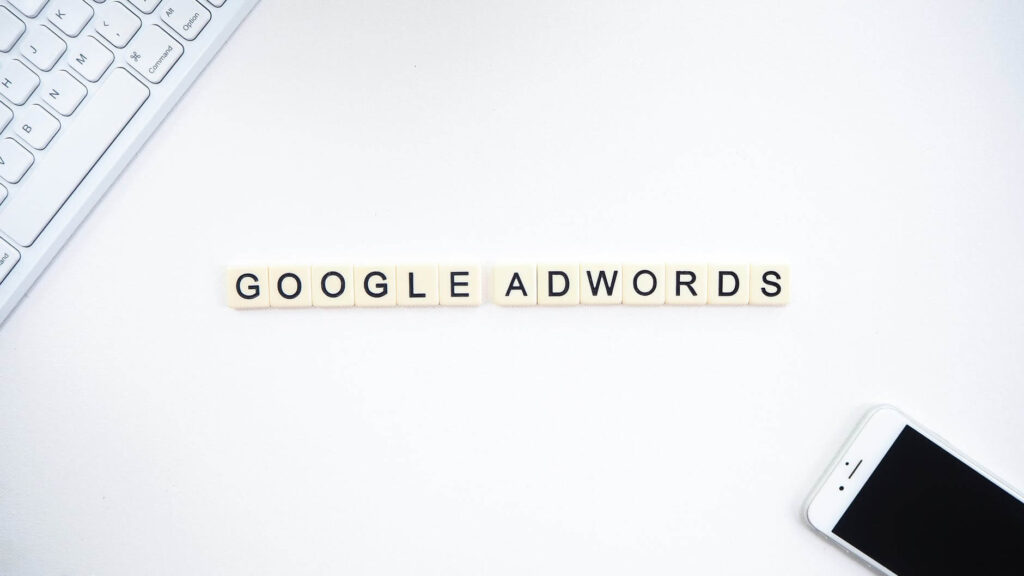Every new AdWords customer has a number of questions they want answered before they part with their advertising budget. Here are a few commonly asked questions about AdWords with corresponding answers:
Q: Why do I need an AdWords campaign? I’m already ranking high organically for my brand terms.
A: To rank highly for your well-known brand is one thing, but to be able to rank for relevant non brand search terms will not only bring brand new visitors to your website, it will also build your credibility in your industry and increase the exposure of your products and services.
In AdWords, it is perfectly acceptable for your competitors to bid on your brand terms. This means that if you are not advertising, your competitors could appear above your organic listings in the search results, prompting visitors to click through to their websites, losing you business.
It is also getting harder and harder to distinguish between paid ads and organic listings on the Google search result pages. It is therefore more important than ever to ensure you are promoting your best offers and promotions high above your organic listings. You can also make sure that any new product launches have a presence on the Google search results pages.
Q: What budget will I need?
A: This is one of the most common questions asked by potential AdWords customers. Without responding with ‘how long’s a piece of string?’, AdWords provides various tools to help us provide a budget guideline. One tool is the ‘Keyword Planner’ which enables us to analyse all possible keywords and provide details on estimated bid suggestions, estimated average number of clicks, impressions and average position, thus providing a budget guideline. However, we cannot provide accurate budget suggestions – there will of course be variations in actual campaign performance based on several external factors.
Q: Can I target as many keywords as I want?
A: In theory, yes. However, it is essential that all keywords are relevant to your services and products. The keywords you choose should be grouped into closely related themes and organised into ‘ad groups’. The ad text of your ads should be relevant to those keywords. You can also include keywords within your ad text. Your landing page should then also be as relevant as possible to your keywords and ad text as this will help your ad to achieve a high Quality Score (i), which is one of the factors that helps determine where your ads appear on the search results pages.
Q: How can I make sure my ads will get a high average position?
A: The position of your ads depends on many factors. As mentioned in the previous answer, Quality Score is a measure of how relevant your keywords, ad text and landing page are to a person’s search query (quote). This, along with your bid (how much you are willing to pay per click), is then used to calculate your Ad Rank. It is this score that determines the position of your ad on the search results pages. Therefore, it is essential to maintain a high Quality Score and monitor your bid rates regularly. Even if one of your competitors has a higher bid than you, you can still achieve a higher position at a lower price by using relevant keywords, ad text and landing pages.
Q: Will my ads be shown each and every time someone searches for my keyword?
A: Each time a person searches, AdWords finds all ads whose keywords match that particular search query. From those ads, the AdWords system determines which are eligible to show (e.g. ads targeting France for a person searching in the UK would not be eligible), then from those, the ads with sufficient Quality Scores and bids may show (ii).
There may be several reasons why your ad does not show. It could be as a result of your targeting settings, budget (you may have reached your daily budget limit for that day) or ad scheduling (you may have set your ads to run during specific times of the day).
Q: Can you guarantee a good return on investment?
A: We encourage all advertisers to link their AdWords accounts to their Analytics accounts. This way, we can set up conversion tracking which can be imported into the AdWords interface. By using Analytics conversion data, we can optimise the campaigns to ensure your AdWords campaign maintains a high return on investment.
That’s all for this week, but we will be posting more Google AdWords Commonly Asked Questions in the future, so do subscribe to our blog to be kept informed. Alternatively, post your own question in the comments below and we’ll get back to you.



